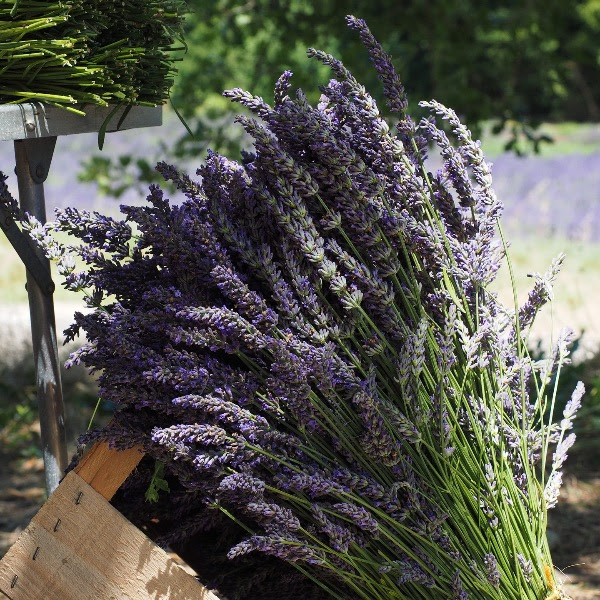If you’ve ever experienced anxiety, you are likely to be a little more than familiar with the words below. However, if you’re one of the lucky ones who hasn’t experience anxiety, then chances are you live, work and/or socialise with someone who has.
The Aetiology of Anxiety
Whilst 6 million people make up a large part of the population, anxiety is experienced at different time points for different people, and can be a perfectly normal response to a one-off stressful period or worrying event.
However, for some, anxiety can persist and become a chronic mental health condition. In this instance, the triggers for chronic anxiety are multi-factorial, encompassing genetic predisposition, work stressors, traumatic life events, family or relationship issues, abuse, and physical disease. Personality traits of low self-esteem and/or perfectionism can also predispose individuals to experience anxiety.
Therefore, the key to reducing or eliminating anxiety lay in addressing these underlying causes. However, making big life changes or processing large emotions can often take time, and aren’t always possible to rectify right away.
So what can you do each day to reduce your symptoms and boost your ability to cope in the moment? In these instances, it can be really important to amass some tools that will help to manage and reduce your symptoms.
The Calming Force of Nature
In addition to the plethora of dietary and lifestyle interventions available, several nutrients and herbs are also available that work to calm the nervous system and nourish a stressed body and mind. Five of my favourites include:
- Magnesium:
Ensuring healthy levels of magnesium inhibits the stress response and increases the activity of your calming neurotransmitter gamma aminobutyric acid (GABA), working brilliantly to reduce anxiety.
- Glycine:
- B vitamins
- The neurotransmitter adrenaline, and the adrenal hormone cortisol, are the primary drivers of stress in the body. B vitamins are required to synthesise both of these, with anxiety therefore increasing the body’s demands for these vitamins.
- B vitamins are also needed for your brain to produce several key anxiolytic neurotransmitters, such as dopamine, serotonin and GABA. By taking a B complex, you can support your body during times of increased stress, while ensuring the production of calming brain chemicals.
- Passionflower
- This herb works fantastically to increase the activity of your master anxiolytic neurotransmitter GABA, and does so without causing drowsiness (unlike benzodiazepines).
- Zizyphus
- Holding a long history of use for states of nervous tension, this herb inhibits excess stimulation within the brain that occurs during stress, calming anxiety, frustration and irritability, and promoting sleep.
Combating Anxiety
As a Naturopath, I have seen firsthand just how well natural medicines work to combat anxiety, both acutely and in the regulation of anxiety long term. This longer term modulation of the stress response is particularly useful, as it’s hard for your brain to construct solution-focused and proactive thoughts when it’s constantly in ‘fight or flight’ survival mode. This is important, as it’s having control over your thought patterns that allows you to create strategies and routines that’ll address the triggers of your anxiety in the first place.
This where I see the real strength of the ingredients such as those listed above – whilst they can’t undo a traumatic life event or cause a transfer out of an anxiety-inducing job, they calm your mind, support your body, and give you some breathing space to address the cause head on.
Nature Can Help
Whilst experiencing anxiety can stem from a multitude of factors, there are just as many options that can help you feel calm, centred and free from the grip anxiety can hold. Come in and have a chat with me and I can put together an individual herbal tonic to suit your needs.


Recent Comments